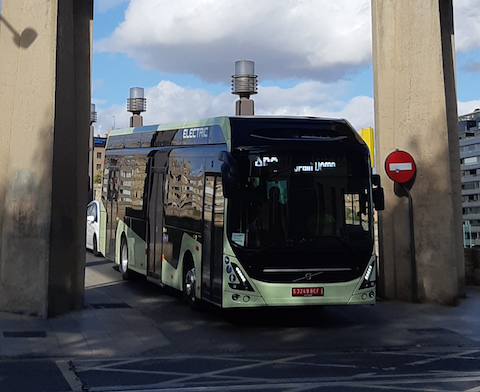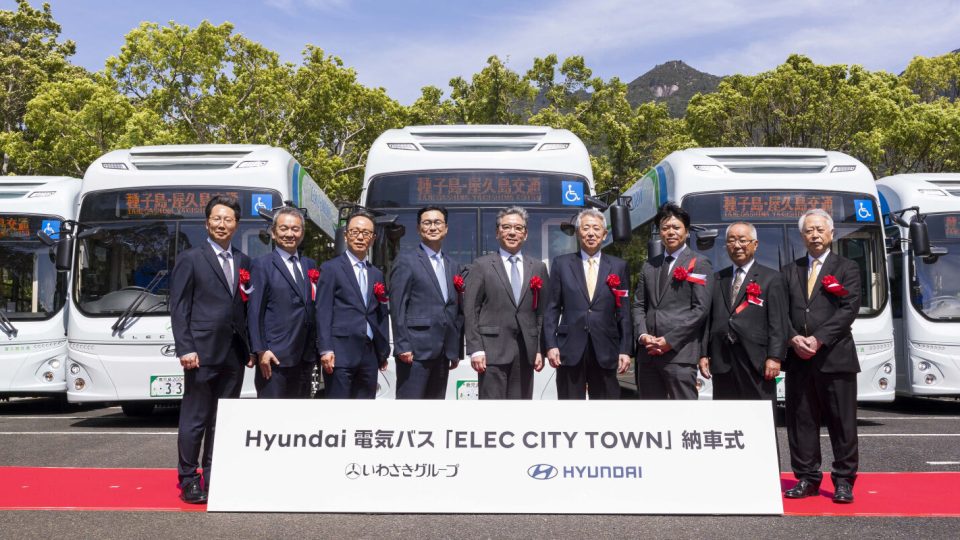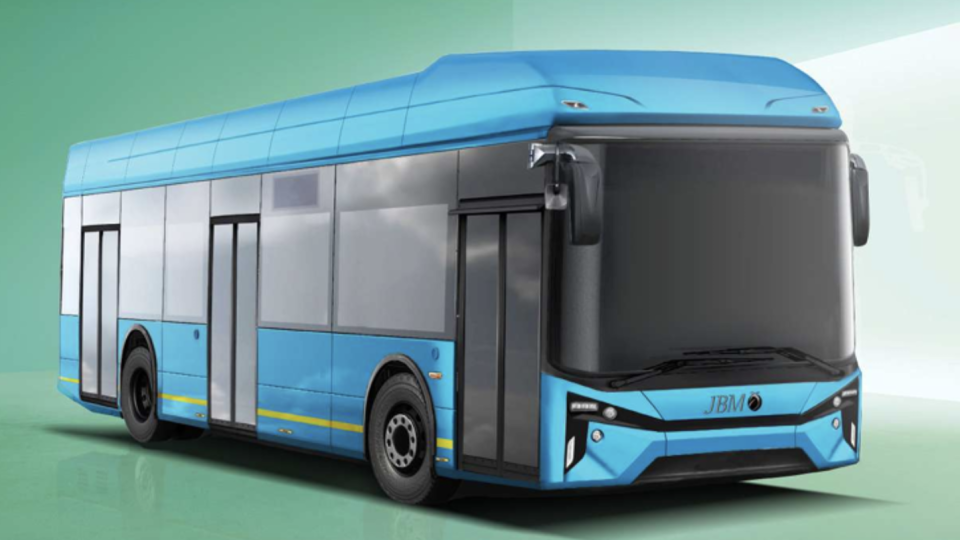Volvo 7900 Electric tested in warm weather conditions in Spain and Mexico
In the summer, Volvo’s electric buses will begin operating in the Norwegian town of Bodø (with charging infrastructure commissioned to Finnish supplier Kempower). They will be the first to provide scheduled services north of the Arctic circle. At the same time, Volvo is also testing its electric buses in warm climates as part of challenging […]

In the summer, Volvo’s electric buses will begin operating in the Norwegian town of Bodø (with charging infrastructure commissioned to Finnish supplier Kempower). They will be the first to provide scheduled services north of the Arctic circle. At the same time, Volvo is also testing its electric buses in warm climates as part of challenging test programmes in Spain and Mexico, among other places. Impact of the weather on the electric bus range is a known topic.
A Volvo 7900 Electric is currently also being tested in the busy Metrobus system in Mexico City. It will be in operation for six months and then the experiences from this trial period will be evaluated.
Volvo electric bus to be tested in hot weather conditions
During 2020 the fully electric Volvo 7900 Electric bus was tested in Spanish cities, including Zaragoza, Santander and Madrid, where the ambient temperature during the test period sometimes exceeded 40°C. This made it possible to investigate in practice how the energy usage of the buses was affected by using the air conditioning to full capacity.
“Our buses performed well, and we were able to demonstrate that they are extremely reliable even in very hot climate conditions,” says Francisco Unda, Managing Director of Volvo Buses in Spain & Portugal.
“As one of the leading global suppliers of solutions for electric mobility, we must be able to meet our customers’ requirements and expectations regardless of where they operate. That applies not only to environmental considerations but also availability, passenger comfort and safety. We test our products together with our customers in Arctic conditions and in warm climates to ensure that we have the best solutions for a range of different requirements,” says Marie Carlsson, Director Citymobility Business Development at Volvo Buses.
She adds: “The results of the tests will pave the way for the rapid electrification of public transport throughout the world. We have turnkey solutions that include everything from quiet, zero-emission buses to the charging infrastructure and servicing. This means that we can help to improve the living environments and lay the foundations for cities all over the world to become more sustainable”.








